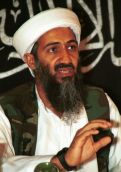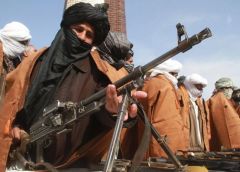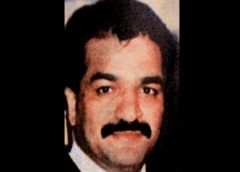
The talks that began roughly two years ago, are now going on in full force for almost two weeks in Vienna. Called the Corker-Cardin bill or the Iran Nuclear Agreement Review Act of 2015, the deal looks to find a middle ground to lift sanctions on Iran in exchange of halting its nuclear programme, which has made its neighbours extremely apprehensive.
Iran, in its press releases, has claimed that the deal has reached '97 per cent completion'. Extended for the third time now, the world powers hope to finalise the nuclear agreement on 13 July.
Here's all you need to know about the talks.
Which parties are participating in the talks?
Apart from the parties directly involved, ie. US and Iran, China, Germany, Russia, France and UK. Russia has been supporting Iran in its fight to get the sanctions lifted, at least partially.
What are they negotiating?
The western powers want to have all the details they possibly can on Iran's nuclear programme. In exchange, they will lift certain sanctions that are hindering the growth of the Iranian economy.
What are the points of contention?
While Iran has unequivocally stressed that its nuclear programme is not for armament purposes, it has agreed to pause its nuclear research in exchange of lifting of the sanctions.
Even though Iran's government claims that it is ready to strike a 'balanced deal', more conservative forces in the country are against the UN-led inspection in the country. This inspection is expected to gauge the extent of the nuclear power in Iran.
Another important factor is Israel-Iran rivalry. While Israel has called for a complete abandonment of Iran's nuclear programme, Iran has stayed firm on its ground, asserting that it is well in its powers to develop its nuclear strength.
Factors at stake
Iran being a Shia-dominated country is more than an eyesore to Saudi Arabia, the Sunni-ruled monarchy and a major partner of the US. It is also fighting ideological battles, tooth and nail, with Israel.
Recent developments
Even as US threatened to walk away from the talks on Friday, both countries got together again to resolve the differences. Though the deal is not close in sight and many differences are yet to be ironed out, Kerry reportedly told media that the talks were taking a constructive turn.
Why does it matter to India
While India does not ally with US and did not adhere to the strict sanctions imposed, it does have strong oil and trade interests in Iran. Recently, India struck a deal with Iran to develop its port in the Gulf of Oman, much to the dismay of US and allied countries (especially Sunni-dominated countries of the middle-east Asia).
If the sanctions are lifted, the government of India is keen on increasing trade relations, especially after gaining profits of $5 billion last year alone. But some businesses in India are apprehensive of the exclusivity of their trade relations ending. If the sanctions are lifted, they would have to compete directly with the European players.







![BJP's Kapil Mishra recreates Shankar Mahadevan’s ‘Breathless’ song to highlight Delhi pollution [WATCH] BJP's Kapil Mishra recreates Shankar Mahadevan’s ‘Breathless’ song to highlight Delhi pollution [WATCH]](https://images.catchnews.com/upload/2022/11/03/kapil-mishra_240884_300x172.png)

![Anupam Kher shares pictures of his toned body on 67th birthday [MUST SEE] Anupam Kher shares pictures of his toned body on 67th birthday [MUST SEE]](https://images.catchnews.com/upload/2022/03/07/Anupam_kher_231145_300x172.jpg)






